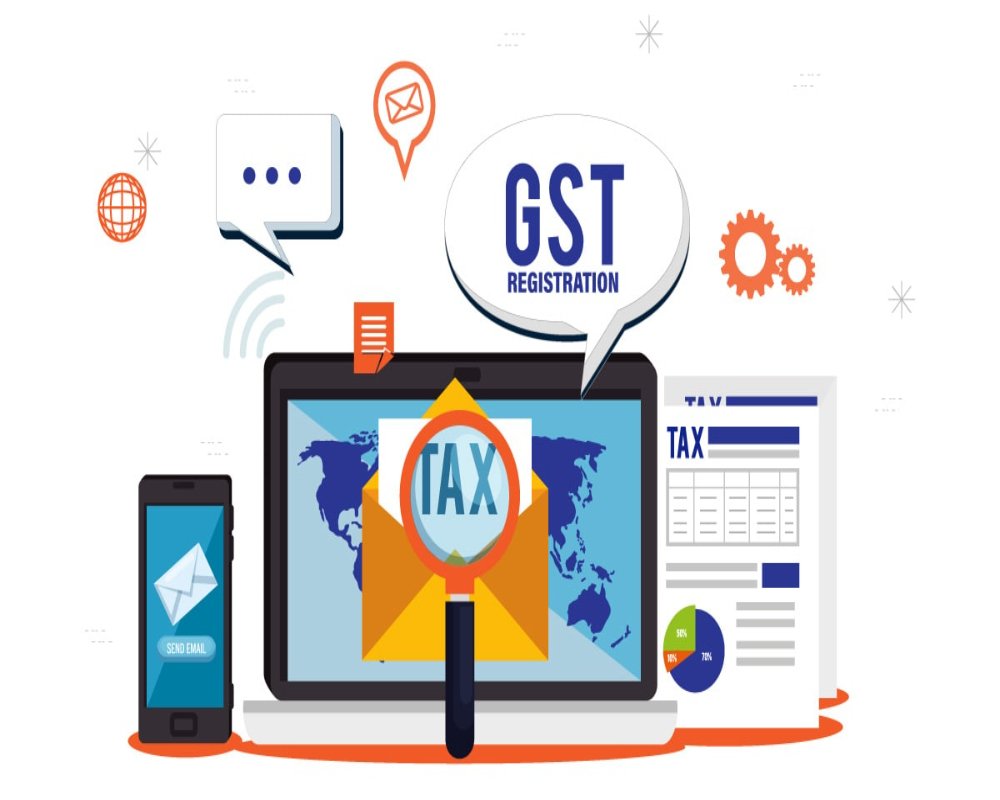The Central Board of Indirect Taxes and Customs (CBIC) has issued new guidelines under the Goods and Services Tax (GST) regime specifically tailored for partnership entities. This move is part of the government’s continuing efforts to bring clarity, compliance ease, and digital uniformity to business taxation, especially for small and medium-sized enterprises operating under partnership structures.
The updated guidelines introduce procedural simplifications for GST registration, return filing, and compliance for partnership firms. Among the key updates is a streamlined documentation process for GST registration, allowing firms to register using the Partnership Deed and Aadhaar authentication of any one active partner, rather than requiring identity documents from all partners. This change is expected to significantly reduce the paperwork burden and accelerate registration approvals.
Another important update pertains to the declaration of the principal place of business. Partnership firms operating from shared office spaces, co-working hubs, or residential addresses can now furnish simplified proof of business activity, provided they maintain proper books of account and business correspondence at the declared premises. This is likely to benefit service-based partnerships such as consultants, designers, and professionals working remotely.
In terms of compliance, the new guidelines clarify return filing responsibilities and tax liability distribution among partners. While GST returns continue to be filed in the firm’s name, the CBIC has reiterated that all partners are jointly and severally liable for the payment of GST dues. The guidelines also highlight that in cases of dissolution or change in the constitution of the partnership, timely updates to the GST portal are mandatory to avoid penalties or tax mismatches.
Additionally, the government has introduced new verification norms for refunds claimed by partnership entities. To curb fraudulent claims, refund applications must now include a self-declaration of the profit-sharing ratio among partners along with supporting invoices and tax payment records. The move aims to enhance transparency and accountability in GST refunds for such firms.
Tax experts have welcomed the guidelines, calling them a practical step toward improving GST compliance among partnership firms, which often face confusion due to overlapping legal responsibilities and documentation issues. The guidelines are also expected to reduce dependency on third-party intermediaries by making the system more intuitive and self-service oriented.
These reforms come at a time when the government is pushing for greater formalization of the MSME sector and seamless digital integration of tax processes. With thousands of partnership firms playing a pivotal role in India’s commercial and service economy, the new GST guidelines mark a significant step in aligning tax policies with the operational realities of such entities.
The CBIC has advised all partnership entities to consult with their tax advisors and update their GST compliance practices in accordance with the latest directives. Detailed instructions and FAQs have been published on the official GST portal for wider public access.


0 Comments